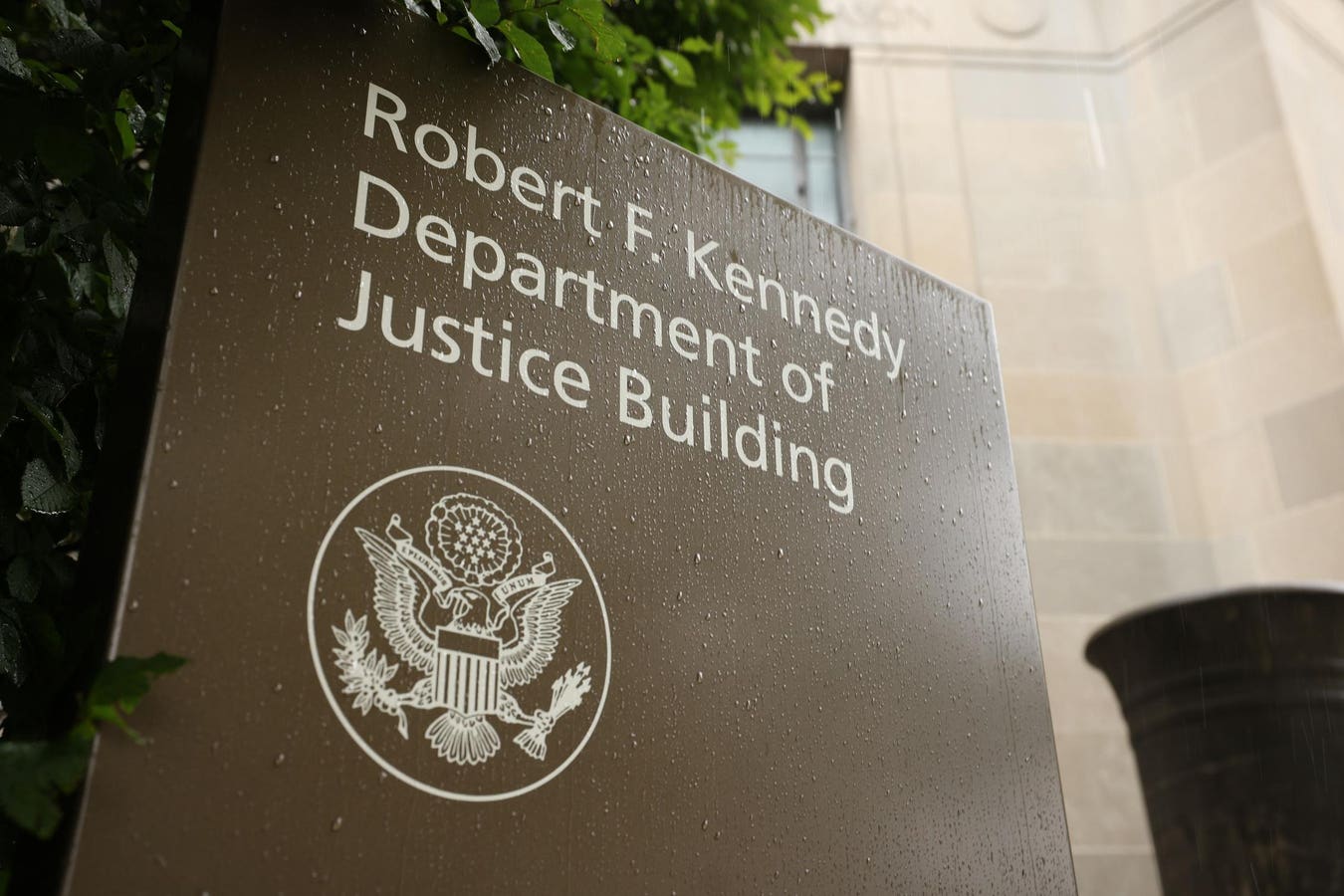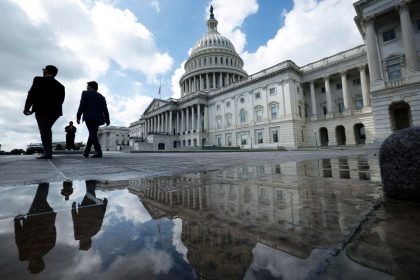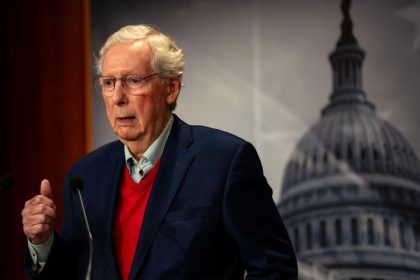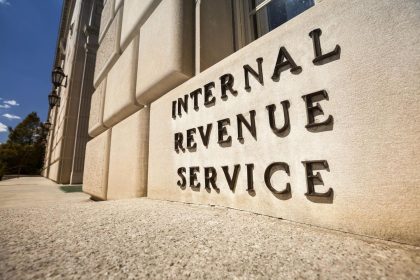On March 11, 2024, the Department of Justice (DOJ) announced that a Florida man had been arrested for an alleged “decades-long scheme to hide assets from the IRS.” According to the criminal compliant—which was also unsealed on March 11, 2024—Dan Rotta hid more than $20 million of assets from the agency through various foreign accounts. The following facts are taken only from the allegations made in the complaint and remain only allegations at this early stage of the proceeding.
Rotta became a naturalized U.S. citizen in the 1970s. From 1985 through 2008, he held funds in various Swiss bank accounts, often under pseudonyms or nominee entities.
In 2008, the media outlets announced that the federal government had initiated an investigation into UBS for its alleged participation in helping U.S. taxpayers conceal foreign income and assets from the IRS. In 2009, UBS entered into a Deferred Prosecution Agreement with the U.S. government, agreeing, in part, to provide the government with the identities and account information of its U.S. customers.
Around 2011, the IRS began an audit of Rotta. During the audit, the IRS agent asked Rotta and his representatives whether Rotta held foreign accounts or foreign business interests. Rotta denied that he conducted any foreign activities.
Later, the IRS agent summonsed Rotta’s domestic bank records and learned that Rotta had regularly received transfers of several hundred thousand dollars from foreign bank accounts. The agent confronted Rotta with this new evidence, and Rotta argued that the amounts represented loan proceeds from his foreign cousin and a foreign friend. Rotta also provided the IRS agent with purported loan documents associated with the loans.
The IRS apparently did not believe Rotta and issued a notice of deficiency, which determined that the loan proceeds should be treated as taxable income to Rotta. In response, Rotta filed a petition with the U.S. Tax Court. The petition alleged that the amounts represented non-taxable loan proceeds and that Rotta was obligated to repay the loans after he sold real estate he owned in Oyster Bay, New York.
During the Tax Court proceedings, Rotta’s attorney provided IRS counsel with affidavits signed by his cousin and friend. In addition, these two foreign parties agreed to meet with IRS counsel, corroborating Rotta’s story in the interview. In 2016, Rotta sold his residence in Oyster Bay and wrote two checks to his cousin and friend. Rotta’s attorney presented the two checks to IRS counsel who, after reviewing them, agreed to settle the case in Rotta’s favor with no deficiencies. The IRS later learned that the two foreign parties had repaid Rotta in full.
In 2019, Rotta became concerned that the IRS would learn of his foreign accounts. Therefore, he engaged a U.S. attorney to help him file a disclosure under the IRS’ Voluntary Disclosure Program (VDP). Under the VDP, taxpayers are required to provide the IRS with complete and truthful information regarding the foreign accounts. In addition, in exchange for a reduced risk of criminal referral to DOJ, taxpayers must pay a civil penalty of up to 50% of the foreign account balances that were undisclosed to the IRS in the six-year lookback period.
In Part I of the VDP application, Rotta disclosed his interests in the foreign accounts, but made statements that only $2 million of the account was owned by him. Regarding the remaining $13 million, Rotta contended that his cousin owned that share of the account. The complaint contends that Rotta made these statements to try to reduce the potential 50% civil penalty under the VDP. The IRS granted Rotta preclearance into the program.
In Part II of the VDP application, Rotta checked the box “no” where it asked whether he was aware of a foreign financial institution previously advising him that his bank records were susceptible to being turned over to the U.S. government. Rotta also explained in this part of the application that most of the funds held in the foreign accounts came from his cousin’s father and were to be held for the benefit of his cousin in trust. With respect to the remaining $2 million, Rotta contended that he owned this share and that the funds had originated from his first wife’s father. Rotta signed Part II of the VDP application under penalties of perjury.
Throughout the criminal investigation of Rotta, the IRS received various account files from the Swiss Federal Tax Administration (SFTA), including documents that showed Rotta’s ownership in the foreign accounts going back to January 3, 1985. These documents also showed Rotta’s transfer of funds and use of foreign entities to hold the funds. The government also initiated a search warrant on Rotta’s residence, evidence of which showed Rotta’s interests in the foreign accounts and entities.
Based on the information available to the IRS from the SFTA
FTA
Because of these alleged false statements, the complaint contends that Rotta violated 18 U.S.C. § 1001(a)(3), which makes it a felony to knowingly and willfully make false statements to government agencies, including the IRS. In addition, the complaint alleges that Rotta violated 18 U.S.C. § 371, the federal conspiracy statute, when he and his cousin produced false documents and testimony to the IRS during the audit and the Tax Court proceedings. Each violation carries with it a maximum of five years in prison.
Read the full article here

















